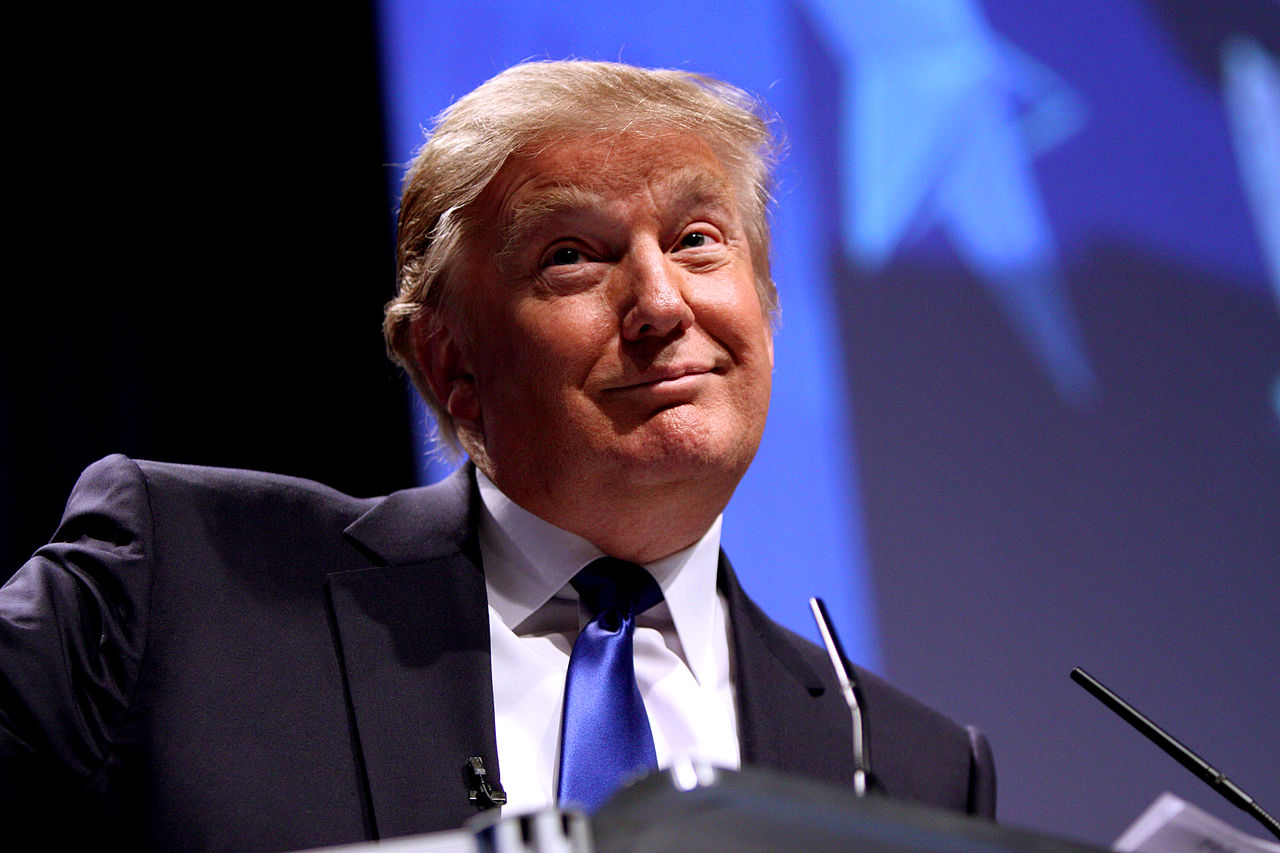Expert Reaction
These comments have been collated by the Science Media Centre to provide a variety of expert perspectives on this issue. Feel free to use these quotes in your stories. Views expressed are the personal opinions of the experts named. They do not represent the views of the SMC or any other organisation unless specifically stated.
Peter Newman is the Professor of Sustainability at Curtin University
According to Bloomberg, solar and wind are now cheaper than coal in many parts of the world and will be increasingly cheaper everywhere.
This cannot be stopped by Trump. The politics of climate change in the US will move quickly to how cities implement innovations, despite national policy trying to stop such innovations in renewable power. This will be the only way the US will be able to keep up with the world economy as it switches from fossil fuels.
The war on coal is over, it died in terms of investors and cities, to try and resurrect it will mean a very bad smell in the US economy and an even worse situation for the employability of American young people, unless the cities can continue to drive this agenda.
I gave a talk to 100 Resilient Cities in the Rockefeller Center a few weeks ago. They are embarrassed about the Trump initiatives but quite certain that cities will not stop progressing on climate change-based innovations.
Associate Professor Christian Downie is a political scientist and policy advisor with expertise in energy politics, climate politics, and foreign affairs at the Australian National University
President Trump’s sweeping executive order on climate and energy policy aims to restore coal to the centre of US energy production.
While the announcement is a serious blow to global efforts to address climate change, the President’s plan is almost certain to fail.
The coal industry in the US is dying not because of politics but because of economics.
Putting aside the enormous greenhouse gas emissions from coal, it progressively can no longer compete against alternative sources of energy, including cheap gas, but increasingly even cheaper wind and solar power.
Dr Paul Beggs is an Associate Professor at and Deputy Head of the Department of Environmental Sciences at Macquarie University
The continuing increase in the amount of carbon dioxide in our atmosphere is directly resulting in increasing exposure to airborne allergens such as pollen.
The warming of the Earth’s atmosphere, also a result of the increasing carbon dioxide, is also resulting in increased exposure to allergens. For example, research published in the prestigious journal Proceedings of the National Academy of Sciences of the United States of America shows that the length of the ragweed pollen season in North America has already increased due to the recent warming of the atmosphere.
This threatens the health of many millions of asthma and hay fever sufferers in countries such as the US.
As the unprecedented November 2016 thunderstorm asthma epidemic in Melbourne, Australia, clearly highlighted, our weather, our climate, and the allergens that are suspended in our atmospheric environment can all interact to rapidly and unpredictably overwhelm asthma and hay fever sufferers with severe symptoms as well as the emergency services and health and medical services that care for them.
Put simply, climate change is making it harder for us to breathe.
Today the Trump administration announced a rollback of Obama’s climate legacy through an executive order. This will include reopening lands for coal mining, and reviewing the Clean Power Plan.
Some of these actions can be introduced quickly, while winding back the Clean Power Plan could take years.
The repeal of these domestic measures will likely result in the US missing its first pledge under the Paris Climate Agreement.
Climate Action Tracker noted in a recent analysis that the current administration would need to fully implement both the Clean Power Plan and Climate Action Plan of the Obama administration and likely implement additional regulations to reach its (inadequate) emissions reductions targets.
Preliminary research suggests that the policies of the Trump administration would lead to emissions increasing through to 2025.
In the latest draft ‘America First’ budget, it has also indicated sweeping cuts to international financing for climate negotiations and programs.
While these actions cannot stop the global low carbon transformation, they could delay it.
Without increased actions from others such as China and Europe, this will likely push the 2°C target out of reach.
Eyes will now turn towards the Paris Agreement, and whether Trump will withdraw from the international treaty.
Paradoxically, it will be better for international climate action if the US now exits the Paris Agreement. Having the world’s superpower blatantly miss its target and refuse to support the actions of others will lay bare the toothless nature of the Paris Agreement.
The best outcome for the climate is for the US to withdraw and open the space for new climate leadership to blossom.
This executive order goes against the commitments of the Paris Agreement, science and common sense.
It might generate a few jobs in the coal industry in the short term but it completely ignores longer terms impacts.
It is well known to science that climate change damages the economy.
For example, oyster farmers in the US already had a taste of the impacts of ocean acidification (a direct consequence of carbon emissions) when they experienced massive die-offs in their hatcheries.
Aren’t these jobs worth protecting? This administration seems to apply double standards when it comes to job creation.



 International
International


